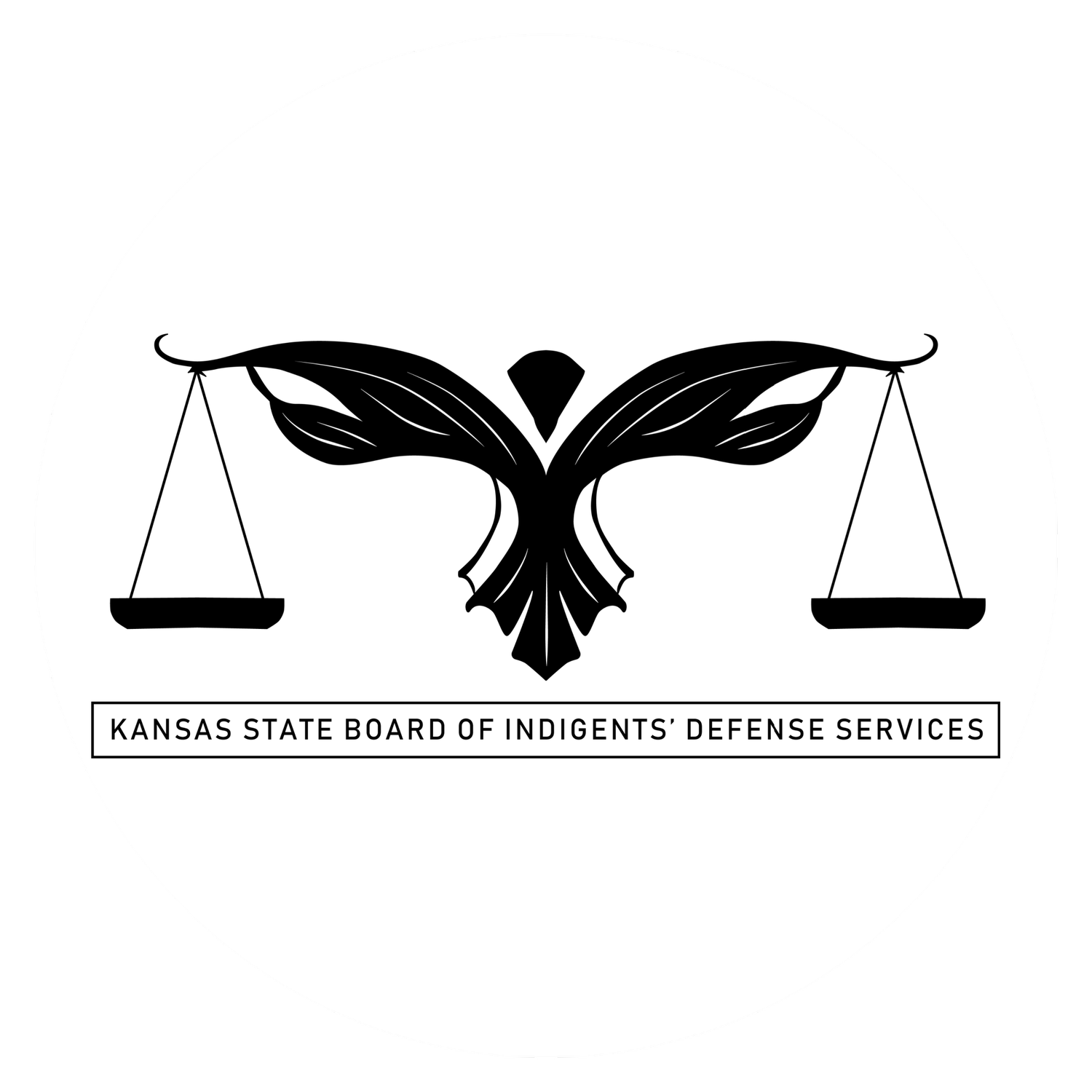Non-Statutory Aggravators
by Korey Kaul, Appellate Defender
Over the past six months, I have had a couple of cases where the State has sought an upward durational departure based upon nonstatutory factors. For upward dispositional departures, the factors do not need to be set out in the statute. But, for upward durational departures, the State should only be allowed to use the factors explicitly set out in the statute. Here is why.
The statute authorizing upward durational departures, K.S.A. 21-6815(c)(2), states: “Subject to the provisions of subsection (c)(3), the following nonexclusive list of aggravating factors may be considered in determining whether substantial and compelling reasons for departure exist:” and then lists eight, specific factors. The problem word, for our purposes, is “nonexclusive.”
Based on this language, prosecutors feel they have free reign to willy-nilly apply factors (e.g., nonamenability to probation, future dangerousness) as a justification for an upward durational departure. However, because aggravating factors serve to increase the maximum possible penalty for a given offense, such factors are subject to the Fourteenth Amendment just like “traditional” elements of a crime. See Apprendi v. New Jersey, 530 U.S. 466, 490 (2000); Blakely v. Washington, 124 S.Ct. 2531, 2543 (2004); Jones v. United States, 526 U.S. 227, 239 (1999).
Because factors supporting upward durational departures are just like traditional elements, having nonstatutory elements violates Due Process because it does not give fair warning to citizens what behavior is prohibited by the statute. In State v. Adams, the Kansas Supreme Court held that a “statute which either requires or forbids the doing of an act in terms so vague that persons of common intelligence must necessarily guess at its meaning and differ as to its application is violative of due process.” Adams, 254 Kan. 436, 438, 866 P.2d 1017 (1994). It is difficult to imagine anything more vague than a nonexclusive list of elements.
The Court of Appeals disagreed in State v. Snow, 40 Kan. App.2d 747, 195 P.3d 282 (2008). In Snow, the panel held that because the statute indicated that the list of factors were nonexclusive, Mr. “Snow had statutory notice prior to his criminal conduct that his sentence could be enhanced based upon unspecified aggravating factors.” Snow, 40 Kan. App. 2d at 755. But, of course, it’s not enough to know that doing something will get you into trouble; the State has to give you notice what that something is. Simply saying that there are unspecified factors does not provide a defendant with any warning as to what is proscribed, let alone the “sufficiently definite warning” the Kansas Supreme Court has said Due Process requires. State v. Jenkins, 311 Kan. 39, 53, 455 P.3d 779 (2020).
I have written and submitted this issue, but it has not yet been ruled on. (By “I have written,” as always, I mean I have copied Randall Hodgkinson’s brief and changed the client’s name). If anyone wants a copy of that issue or would like to discuss this in more detail, please email me at kkaul@sbids.org.

